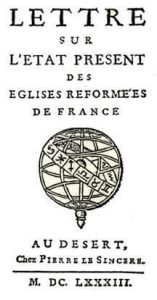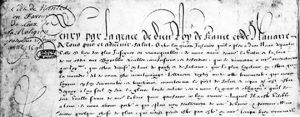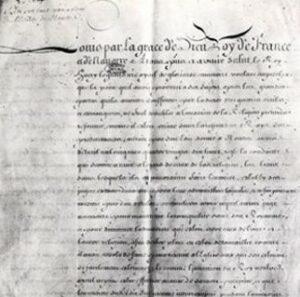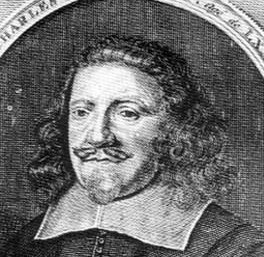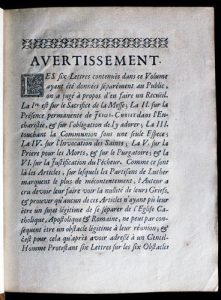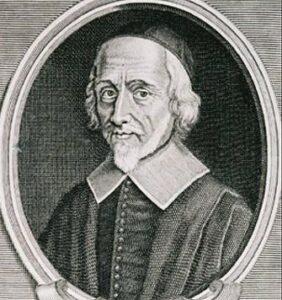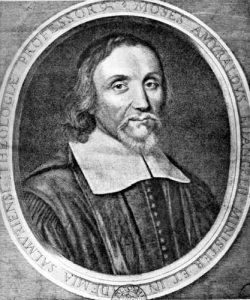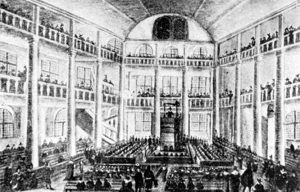The working of the Reformed Church
Reformed Churches were operated in the same way as they had been in the sixteenth century. They were supervised by various local (Consistory), regional (Provincial Synod), national (National Synod) bodies. In all these bodies, lay members were at least as numerous as pastors. The organisation of the Reformed Church based on a system of synods was very different from the highly hierarchical way the Catholic Church operated. From 1614, the workings of the Reformed Church were controlled and curbed by the king, who hampered the way in which they ran their finances and convened National Synods.
Pastors, about 700 of them, led city and town Reformed communities where they had been authorised by the Edict of Nantes. The pastors lived in the community, with their families when they were married. Their task was mostly theological : preaching on Sundays and several times in the week, and teaching adults and children the catechism. The growing financial difficulties of the Churches through the century made the financial situation of the pastors who were not from well-off families, more and more difficult. When the Edict of Nantes was repealed in 1685, pastors could either emigrate or recant. Most of them chose to leave France.
The training of pastors was the concern of the Reformed Academies, whose number varied from 3 to 5 during the seventeenth century. They provided a better education that emphasized the teaching of languages (Hebrew and Greek) needed for the reading of the Bible in its original versions. Some Academies, such as the one in Saumur, had an influence that went beyond France and attracted numerous foreign students.
Controversy between Catholics and Protestants continually occupied pastors, both in their sermons and their writings. Over 7,000 works relating to these debates were published in the seventeenth century. On the Protestant side, the main protagonists were the pastors in the Charenton church such as Pierre du Moulin or Jean Claude and the Professors at the Academies. On the Catholic side, Jesuits got involved at the start, then Bossuet and the Jansenists.
Pierre du Moulin was the first pastor in the church at Charenton (which was the Paris Church). He then became a professor in the Reformed Academy of Sedan. He had an outstanding reputation as a public speaker which helped him as chaplain to Catherine de Bourbon, the sister of Henri IV, a staunch Huguenot.
The practice of religion, for the Reformed Church community, was in church. The worshippers went there to hear sermons, celebrate the sacraments and learn the catechism.
But there was also individual or family religious practice based on Bible reading and psalm singing.

